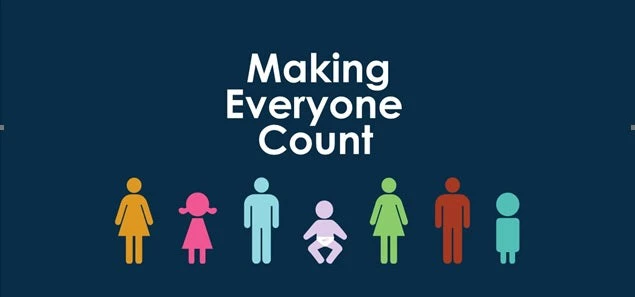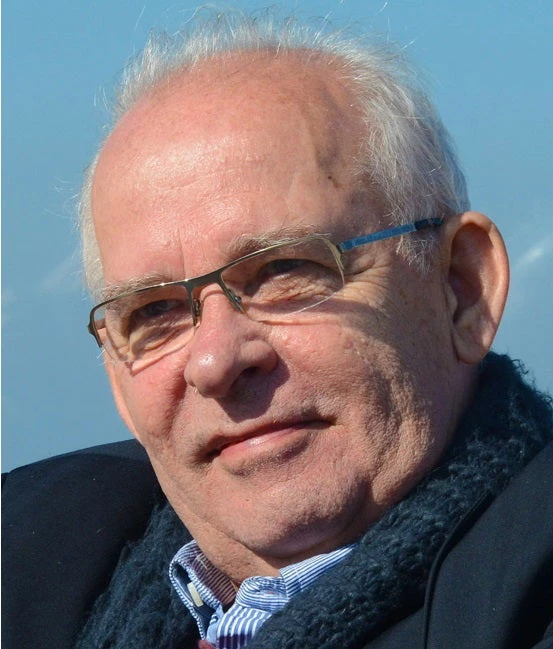
Less than a month after the adoption of the new global development agenda – Agenda 2030 – the question “A Legal Identity for All by 2030: What Will It Take?” brought together 32 development practitioners and scholars for a three-day workshop to discuss an answer to this question, and how progress towards a legal identity for all could be measured. The workshop was co-hosted by the Open Society Justice Initiative (OSJI) based in New York and the Civil Registration Centre for Development (CRC4D) of The Hague, The Netherlands.
Among the 17 Sustainable Development Goals (SDG) and its 169 targets adopted by the UN for the 2015—2030 period, the focus in this workshop was on SDG target 16.9: “By 2030 provide legal identity for all including birth registration.” While Agenda 2030 has now become a compass for policy for every country in the world rather than developing countries only, there still is work to do on deciding how and with the use of which core indicators the implementation of the agenda will be monitored. Later this month, the Inter-Agency Expert Group (IAEG) will convene in Bangkok for its 2nd meeting to discuss with what yardsticks to measure whether in coming years the world community and individual countries are on track to achieve the SDGs, including legal identity for all.
Why this is important? The provision of legal identity is crucial as a human right in and by itself but also to development outcomes and as a key enabler of the efficacy of many other SDG targets. Although there is no one model for providing legal identity, this SDG would urge states to ensure that all have free or low-cost access to widely accepted, robust identity credentials. Regardless of the modalities to achieve it, the recognition of legal identity—together with its associated rights—is becoming a priority for governments around the world.
The workshop was devoted to understanding what is meant by “legal identity” and what principles could govern the implementation of this part of Agenda 2030, resource mobilization and measurement of progress. The participants agreed that legal identity exists and is defined by international (human rights) law, that it is an obligation of states to provide legal identity, that birth registration is one of such provisions that is necessary while being, in many cases, a primary source document for other forms of identity recognition, such as modern national identity documents, but that another provision, i.e. of recognition of nationality, for instance, is also required.
How states and signatories to Agenda 2030 achieve legal identity for all could be government could be guided by a number of implementation principles:
- legal frameworks should enable universal, non-discriminatory and free of cost registration as soon as possible after birth
- civil registration systems need to form the foundation of other identity systems
- ensure an easily accessible service which closely works with and is supported by other government services
- enhance demand for civil registration (especially birth- and death registration), in particular by linking registration to tangible incentives or benefits.
This coordination and optimal use of resources should ensure that the appropriate inter-ministerial processes in Africa and Asia aimed at improving civil registration and vital statistics, along with other regional or global initiatives, such as the World Bank Group’s Identification for Development (ID4D), are aligned with Agenda 2030 in terms of timelines, goals and monitoring mechanisms. Resources are also required for supporting civil society organizations, who play a role in ensuring that no one, and especially not the most vulnerable and hardest to reach, will be left behind. This is particularly critical now that cross-border migration is increasing worldwide and mounting numbers of undocumented people require documentation and a legal identity.
Measuring whether progress is being made towards a legal identity for all will be on the agenda for the upcoming IAEG meeting in Bangkok. As expressed in the recent position paper presented at OSJI workshop in New York, it is important that at this meeting statisticians and other stakeholders recognize that in fact the quality and timeliness of primary source statistics for civil registration are not up to the required standard. Secondary source statistics, generated by household surveys, only cover birth registration and their emphasis is not on the immediate registration of births or so-called “current registration”, but on the birth registration of under-five children. Monitoring whether a legal identity for all is being achieved requires that primary and secondary source statistics for birth registration are as similar as possible, with the common definition for annual statistics from administrative sources being the preferred standard.
The sharp increase in the use of national identity documents, which in several countries had led to a better coverage (in particular of the adult population) by national IDs than by birth registration - for example, in countries like Kenya and Pakistan – shows that the monitoring of the coverage of national identity documents should be brought within scope of measurement as well. The Collaborative Group in which The World Bank, UNICEF and USAID coordinate work on their respective household surveys ( Living Standards Measurement Study, Multiple Indicator Cluster Survey and Demographic and Health Survey) could be the right forum to develop the national ID indicator, as well as discuss in depth what indicators (or composite indicators) would adequately measure progress the world leaders will make on their promise that fifteen years from now everybody will have a legal identity, with the dignity that everyone deserves.



Join the Conversation